Brief Chronological History of the Town of Pelham
1642 -- Anne Hutchinson arrives from New England with 16 colonists and establishes a colony near modern day Pelham; John Throckmorton arrives later that year with 35 colonists and settles nearby in Throg's Neck.
August 20, 1643 -- Anne Hutchinson and all of her colony (except her daughter Susanna) are massacred by Siwanoy Indians led by Chief Wampage; Throckmorton colony is also attacked though many of the colonists were away on a trip to Gravesend, Brooklyn.
1654 -- Thomas Pell signs treaty with Indians to obtain 9,160 acres of land, including all of modern day Pelham, but extending as far north as Mamaroneck.
October 8, 1666 -- Royal patent is issued confirming Thomas Pell's purchase.
1669 -- The estate of Thomas Pell is inherited by his nephew Sir John Pell.
November 1, 1683 -- Westchester County becomes incorporated.
October 20, 1687 -- Royal patent issued confirming Sir John's inheritance and establishing the Lordship and "Manor of Pelham."
September 20, 1689 -- Sir John Pell conveys to Jacob Leisler 6100 acres of land for the establishment of a Huguenot colony known as "New Rochelle."
March 3, 1729 -- Edward Blagge acquires from Thomas Pell (II) the area north of Colonial Avenue, which would later become the Villages of Pelham and North Pelham (now the Village of Pelham).
1750-60 -- Colonel Philip Pell II (member of the Continental Army beginning in 1776) constructs Pelham Dale (located on Iden near the Hutchinson Parkway).
October 1776 -- "Battle of Pell's Point" occurs during which U.S. General John Glover holds back the army of General Howe along Split Rock Road in order to allow the retreat of General George Washington's army from New York City to White Plains.
March 7, 1788 -- Westchester County is divided into Towns and the "Manor of Pelham" becomes the Town of Pelham.
1790 -- Town of Pelham population is 199.
1836 -- Robert Bartow acquires estate that was the site of the original Pell homestead and sometime before 1842 builds a mansion (now the "Bartow-Pell Mansion" musuem) on Shore Road.
1837 -- Rev. Robert Bolton begins construction of the Priory as the first step in establishing a church in Pelham.
April 28, 1843 -- Rev. Bolton donates land and lays cornerstone for construction of Christ Church on Shore Road.
December, 1848 -- New Haven Railroad Main Line opens with a station called "Pelhamville" (now in the Village of Pelham).
1852 -- "Prospect Hill Village" map filed by William Bryson for development of an area bounded by Clay, Prospect, Esplanade, Washington and Old Split Rock Road. (This area remained outside the incorporated Village of Pelham Manor until 1915).
1873 -- New Haven Branch Line is established with a station stop at the end of the Esplanade in Pelham Manor; the "Pelham Manor & Huguenot Heights Association" is organized to develop most of Pelham Manor (other than Prospect Hill Village), including much of the property in Pelham Heights (referred to as "Huguenot Heights") and an area promoted as "Chestnut Grove" (located between Highland, Edgewood, Esplanade and Pelhamdale).
1880 -- Town of Pelham population is 2540.
January 13, 1887 -- New York Athletic Club purchases "Hogg Island" as a summer facility and changes name to Travers Island.
1889 -- Benjamin Corlies, Benjamin Fairchild and associates establish three tracts of land (now comprising most of Pelham Heights) as a suburban commuting village.
1891 -- Pelham Heights Company is formed; Pelham Manor is incorporated as a village to halt New York City's annexation of additional lands from the Town of Pelham.
August 20, 1891 -- map of "Chester Park" planned residential development is filed with Westchester County Register's Office.
February 20, 1893 -- First Fire District of the Town of Pelham is established.
1896 -- Pelham (Pelham Heights) and North Pelham are incorporated as villages.
1906-1909 -- "Winyah Park" development project started and later assumed by the Clifford B. Harmon Co. as the "Pelhamwood" residential section of Pelham.
April 7, 1910 -- a map of the "Pelhamwood" planned residential development is filed; population of the Town of Pelham is 2,844.
1910 -- Siwanoy School is built to house both elementary and high school classes.
1914 -- Hutchinson Elementary School is constructed.
1919-1922 -- Pelham Memorial High School is constructed.
1920 -- Town of Pelham population is 5,195.
1921— Pelham Picture House opens.
1928 — Colonial School is constructed.
1929 -- Prospect Hill School is constructed.
1940 -- Town of Pelham population is 12,274 (roughly the same as in the 2000 census).
1975 -- the Villages of Pelham ("Pelham Heights") and North Pelham are merged to become the current Village of Pelham; the Pelham Fire District is eliminated and the fire department is merged into the new combined village.
1985 — Pelham Art Center opens on site of former service station.
1995 — The Town of Pelham Public Library opens on the site of the former Church of Christ, Scientist on Colonial Avenue.
2003 — Pelham Middle School is constructed
2005 — Pelham Picture House is acquired by a citizens group determined to preserve historic structure; renamed The Picture House Regional Film Center.
2007 — Dedication of Pelham’s 9/11 Memorial.
2012 — First Pelham Half Marathon; nine runners cover 13.1 miles in the Villages of Pelham and Pelham Manor.
2016 — The New York, Westchester & Boston Railway Highbrook Avenue Bridge is listed on the National Register of Historic Places.
* Most early history entries are from Ancient Town of Pelham, by Lockwood Barr, 1946 (available at the Pelham Town Library).

